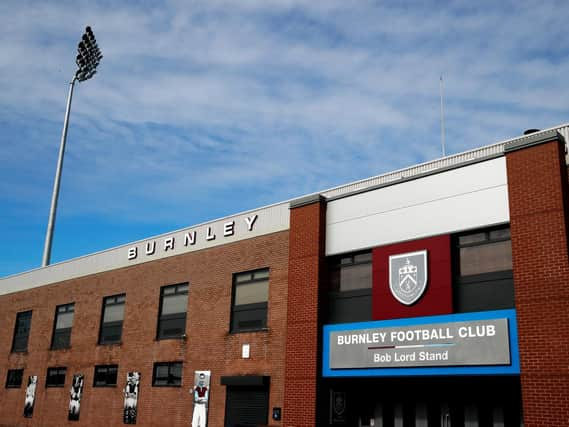Burnley valued above Roma, Benfica, and Europa League winners Villareal in report


That fall came after a 17th place finish in the Premier League after being 10th the previous season - but that still sees the club valued above Roma, Leeds United, Benfica, Athletic Bilbao, Europa League winners Villareal, Marseille, Werder Bremen, Celtic and Lazio!
Real Madrid, Barcelona and the two Manchester clubs made up the top four, and each of the Premier League’s self-proclaimed ‘big six’ occupied the top 10 in the brand valuation consultancy’s report, which ranks the top 50 most valuable and strongest global football club brands.
Advertisement
Hide AdAdvertisement
Hide AdThree main factors go into the brand valuation: its strength and how it can create positive perceptions among fans, players, managers, broadcasters and sponsors; how it drives different revenue streams from broadcasting, matchdays, merchandising and sponsorship and how the club’s financial forecast looks.
The Brand Strength Index (BSI) is a balanced scorecard of brand metrics used by Brand Finance to benchmark the power of brands to drive success for the business. For football clubs, this scorecard includes market research among fans, rating clubs across a range of attributes, including strong heritage, the club is well run, and the owners care for the fans.
English clubs represent 43% of total brand value within top 50, with several German, Spanish, Italian, French clubs and sole representatives from the Netherlands, Russia, and Portugal featuring too.
There is no representation from outside Europe
The failed European Super League (ESL) project has dented the brand strength of the 12 founding clubs and knocked over €600 million off their total brand value.
Advertisement
Hide AdAdvertisement
Hide AdThe ESL announcement visibly damaged the brand strength of the 12 clubs involved, causing an average decrease in their Brand Strength Index (BSI) score of -3.0 points.
As well as damaging the strength of the 12 founding clubs’ brands, the ESL proposal has also knocked €606 million off the total brand value of the clubs, equating to a 6% year on year decrease. Weaker brands see reduced forecasts for their commercial and sponsorship success.
Before the plans collapsed, Brand Finance calculated that the ESL could have stripped €2.5 billion - or 25% of the total - in brand value from the 12 clubs. Although much of this damage has been averted, the impact on the perceptions of all stakeholders is still significant.
The results can already be seen, with Liverpool losing the sponsorship of Tribus Watches and Manchester United being said to have missed out on a £200 million deal from locally based The Hut Group.
Advertisement
Hide AdAdvertisement
Hide AdHugo Hensley, Head of Sports Services, Brand Finance, commented: “The origin and demise of the European Super League is a story of branding – the 12 clubs considered their brands too strong and attractive to be sanctioned by other associations, and above the footballing pyramid that validates their success. However, the communication, promotion, and positioning of the project were poorly executed, fuelling a backlash from all stakeholders, leading to the dissolution of the group, and resulting in painful brand damage.”
Clubs have continued to lose out on key ticketing and other matchday revenue as COVID-19 has kept doors closed to the majority, with only small groups of fans able to attend a handful of fixtures over the campaign. The pandemic also brought many sponsorship deals under the microscope as football was put on hold for a portion of 2020, meaning uncertainty vested in whether sponsors would enjoy the brand exposure, activation, and return they had originally expected. The adverse impact has been felt across the top 50 club brands with total brand value declining by 11.2% versus a 2.2% drop last year.